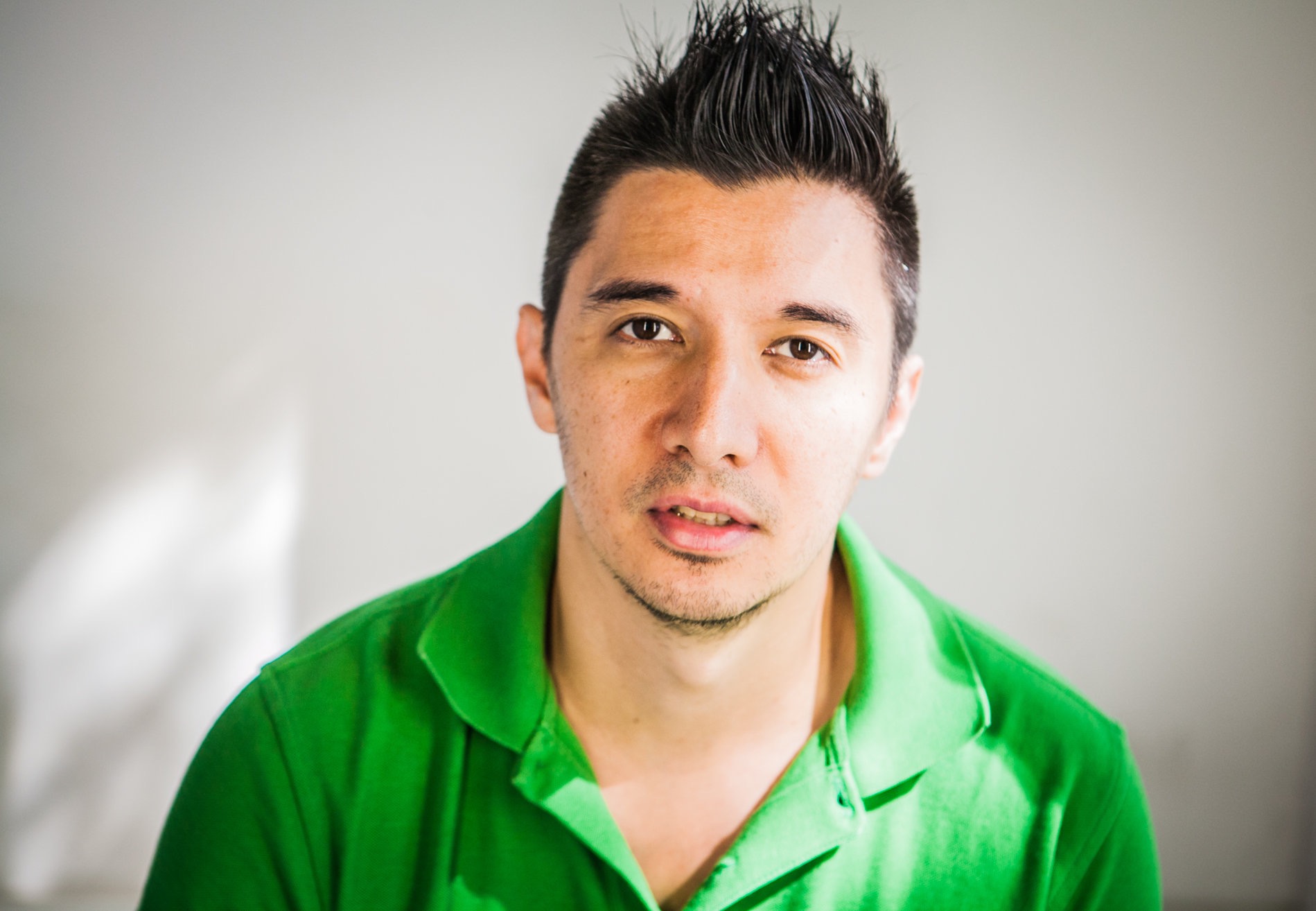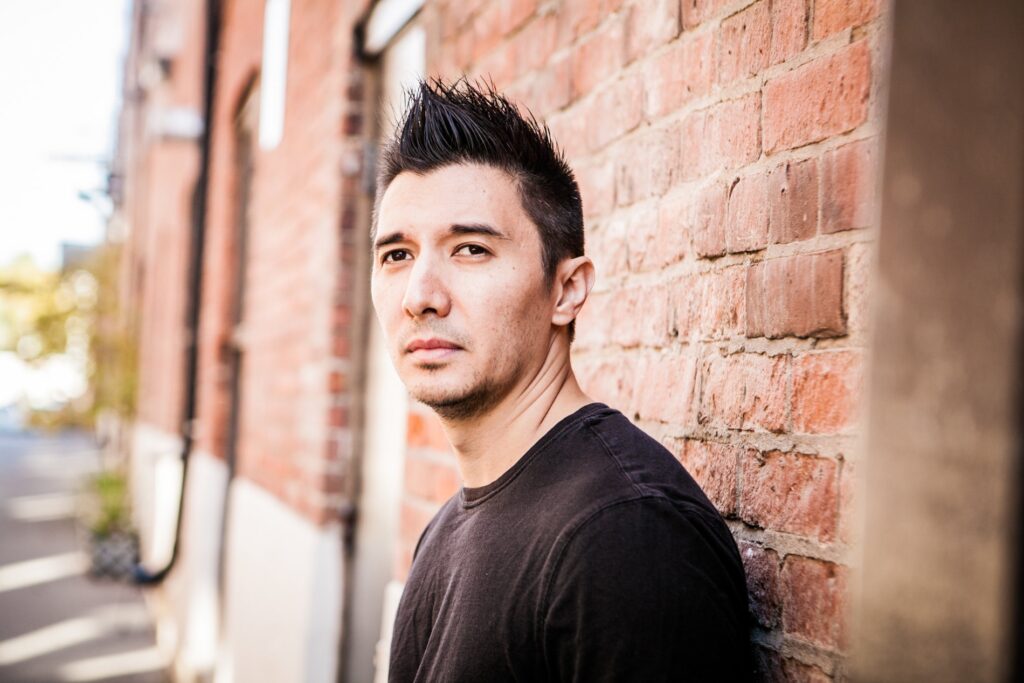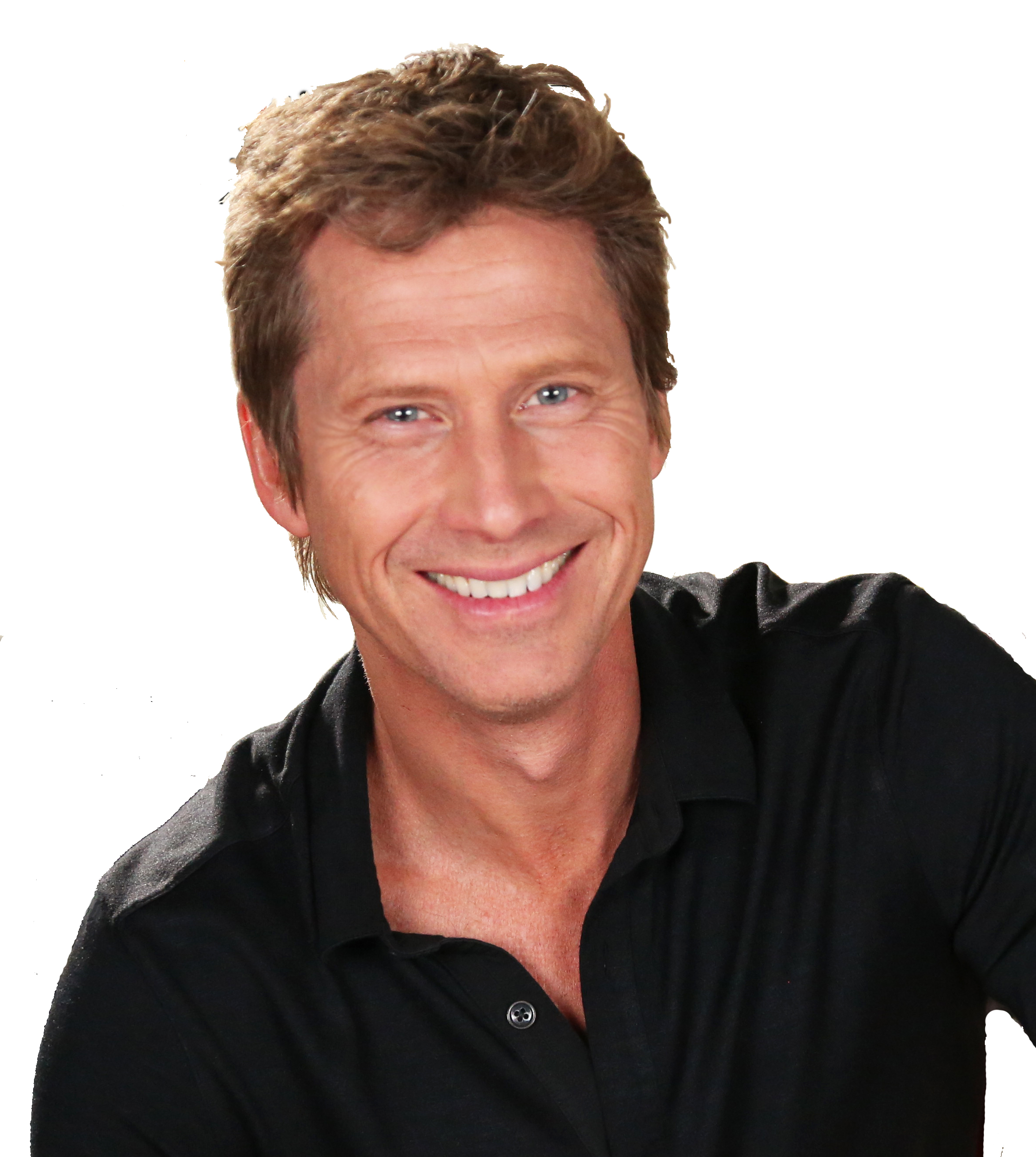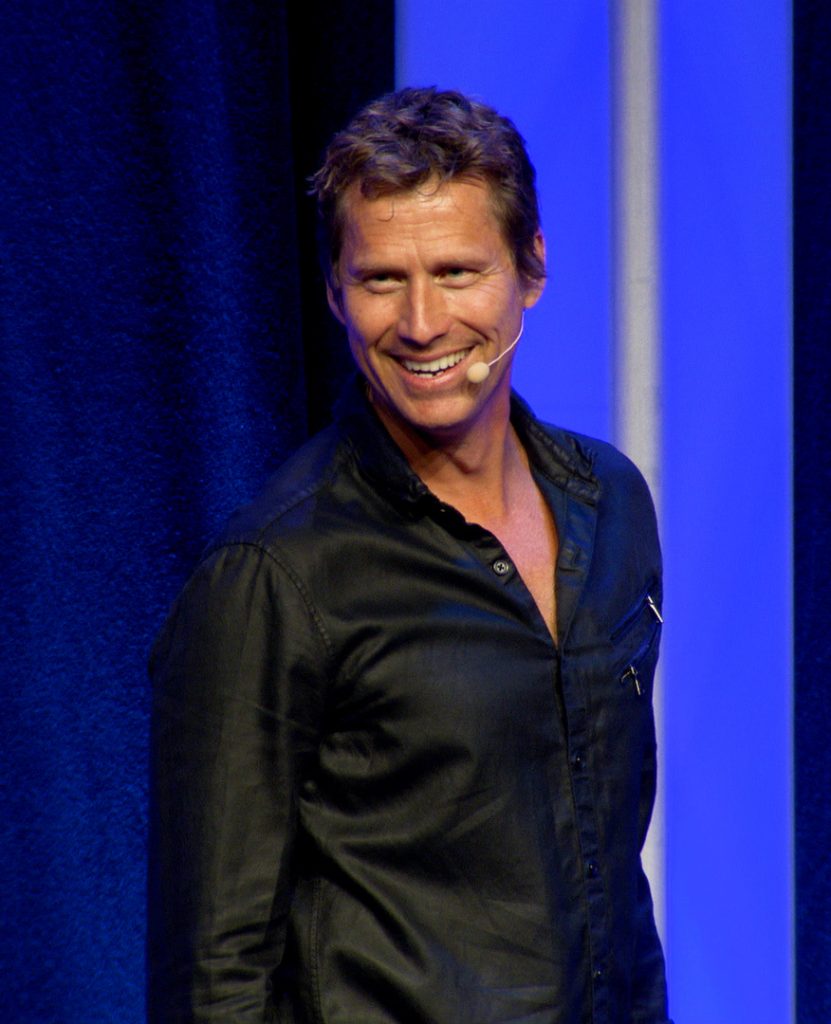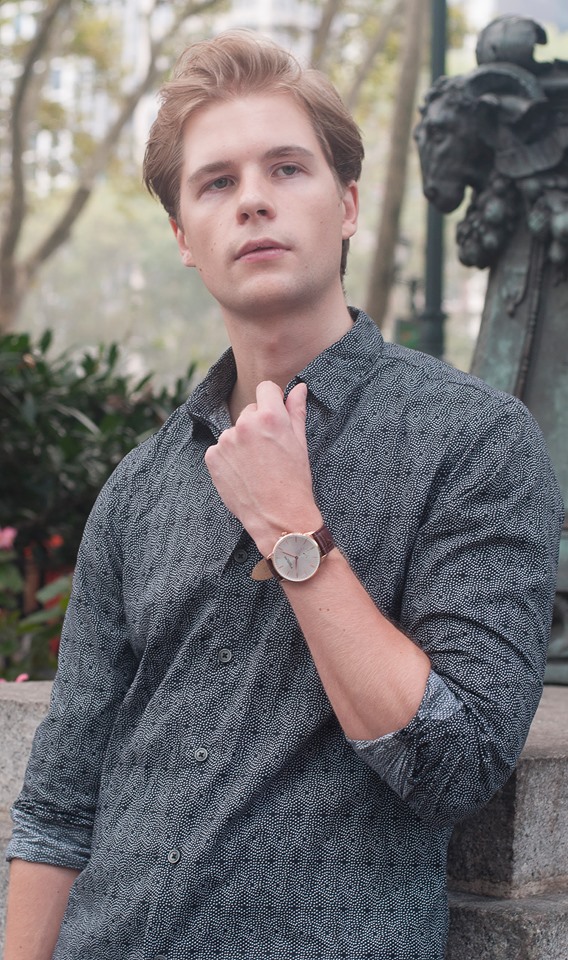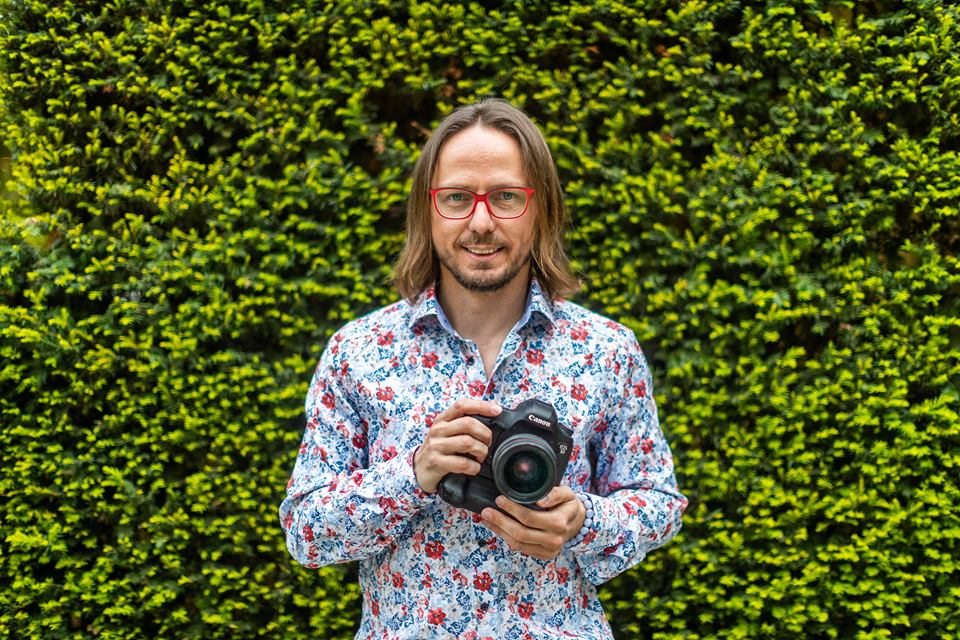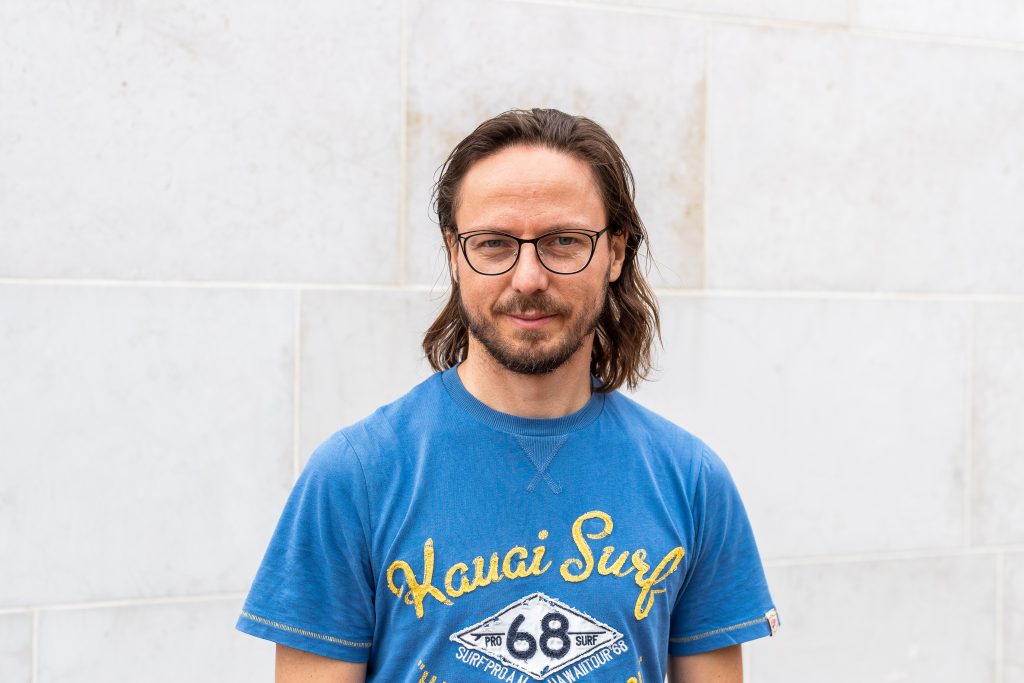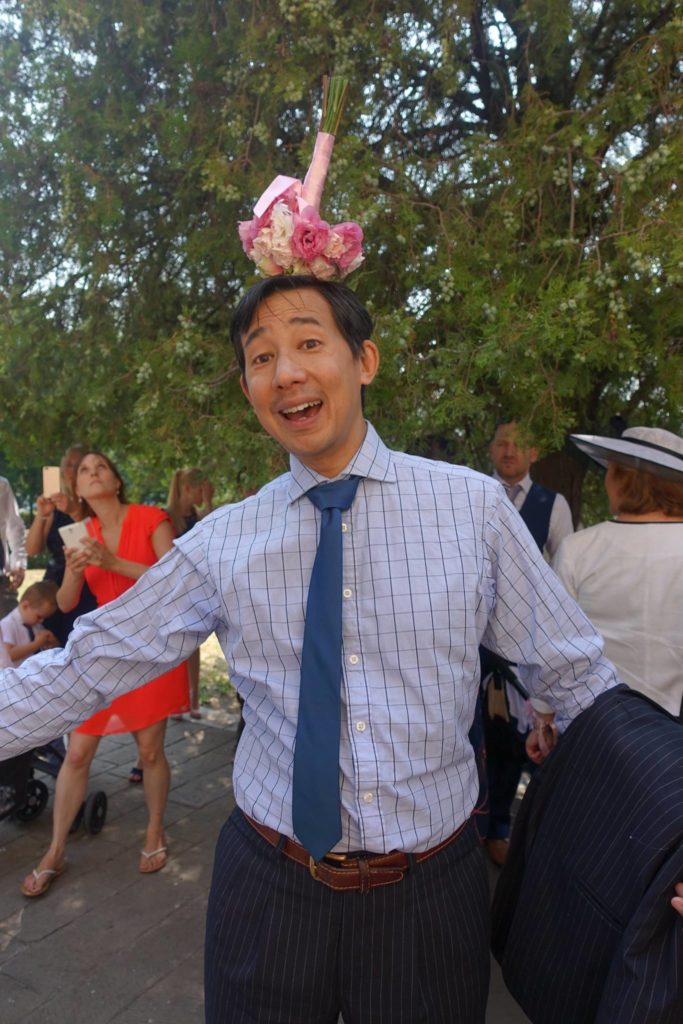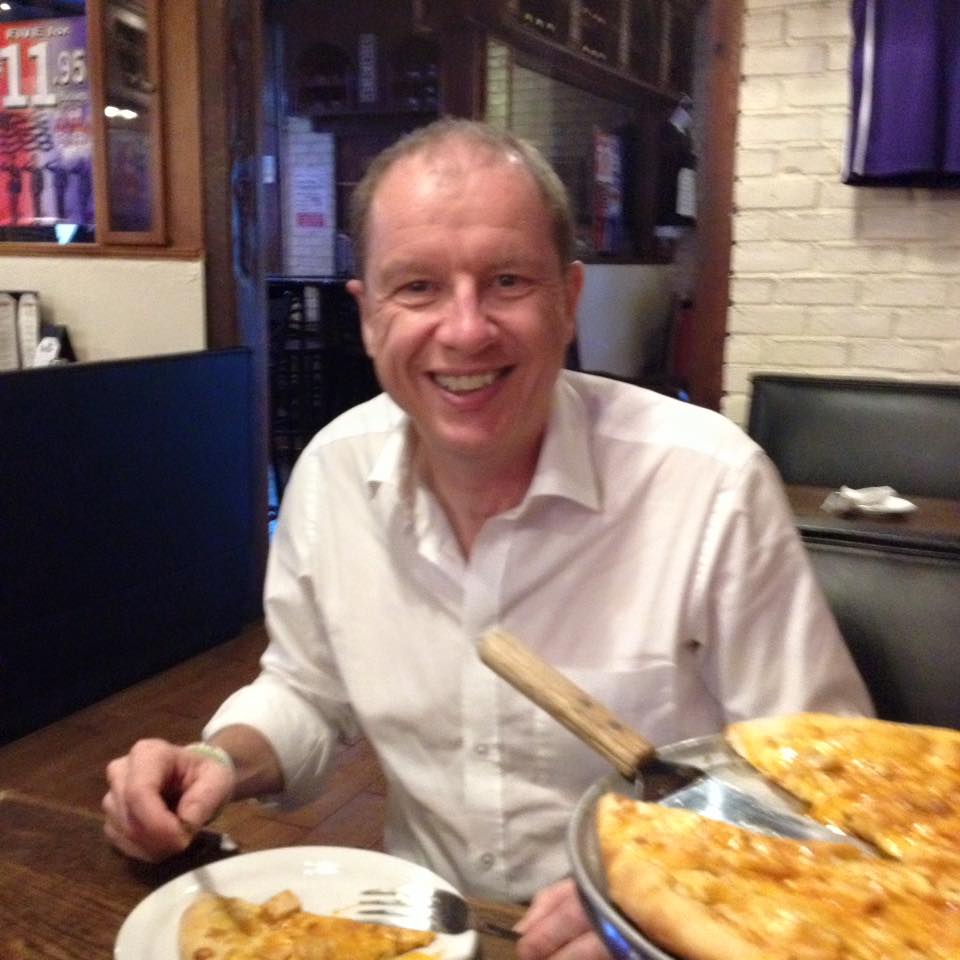By Cynthia Vera
Growing up, Dale Vincent Hancock was a victim of physical and emotional bullying which greatly affected how he perceived his value, making him an adolescent without any confidence or self-belief. His tormenting challneign only seemed to escalate when he grew into an adult, experiencing a draining romantic relationship, job losses, a car crash, and more. When enough was enough, Dale decided to take control over his life and use his challenges as a driving force to change and success.
Upon discovering his passions and true self, he finally became the person that he needed when he was in his most vulnerable struggle. Now a #1 best selling author and mentor, the confidence coach has impacted over 80,000 young lives by making space for children and young people to express their emotions, feelings, and find the confidence they need. For Dale, confidence is a key and virtual quality that must be taught to children and young people – “the architects of our future and role models for their younger generations”.

You have over a decade of experience as a confidence coach, teaching young people how to find their own voice along their journey of growth. What made you follow this path and how did you realise this was your calling?
Pain. To put it simply. Throughout my adolescent years in education, I was physically and emotionally bullied. Now everyone has a bullying story, whether you were the victim, bully or witness. But, if you have ever been a victim at a young age and unconsciously live with the acceptance that ‘they are better than me, so I shall just put up with it’, then it will damage your living experience. Even worse, you could pass this on to your children. I ever want any child to feel manipulated, controlled, belittled or abused at the hands of unfortunate insecure peers around their age. The key in my 22 years of coaching and impacting children is … confidence. This is what helps a child say “no”, “stop”, “enough man”, and stand up for themselves. When you convert a child’s level of thinking based on their own beliefs and values – not mummy’s or daddy’s – then you see them stand 10 ft tall because they value their own self worth.
Unfortunately for me, I never had a coach to show me the social interaction life ropes and I put up with it. In my career, I was bullied by my deputy head. In my previous relationship, my partner at the time sought physical attention from other men for the entire relationship to which I forgave her for …foolishly, as it occurred numerous times after. When she fell pregnant with another man’s child, enough was enough. But I still went with her to the clinic to terminate it, which broke me.
Over the course of this time I lost my job, I had a car crash, my mum had a heart attack and I was in £15,000 worth of debt taking her off the mortgage. I felt like life was attacking me with no safe way out. Eventually, a now dear friend recommended a coach and after 12 weeks, I was a changed man; growing in confidence, getting my life back together. To prove to myself that I was who I wanted and deserved to be, I applied for a national TV show and won it! Undoubtedly confirming to me that confidence already existed within me, I just had to find the key. Now, it is my responsibility, mission, and privilege to help billions of children find theirs before it’s too late.

Being a coach who inspires hundreds of thousands of students and youths worldwide who will shape our future must be very rewarding. Why is it so important for you to focus your attention on creating a safe space for young people to find confidence in their identity?
Children find it tough to express themselves and when they do, they often get shut down, told to “be quiet”, “sit still” “shhh….concentrate”. I wonder when the education system will recognise that it is crucial for a child to express feelings and emotions with guidance and nurture? Because after teaching for 12 years, I have noticed a huge rise in mental health disorders and this was way before covid. Let’s not forget children are the architects of our future and role models for their younger generations. When a child understands themselves, they operate with an air of certainty and little to no self-consciousness. We need to help them grow in confidence and self assertion for a more sustained future and progressive society.
You have over a decade of experience as a confidence coach teaching young people how to find their own voice along their journey of growth. Can you explain what you might do in a session to help people?
Help them see their miracle. It’s difficult for children not to see themselves as part of a tribe, whether it be a family tribe, friend tribe, class tribe and when children construct this mentality, they cultivate behaviours of just ‘fitting in’. I don’t want children to fit in, I want them to stand out but after years of society, parents, school, and peers condemning them for talking out or acting differently, children get unconsciously locked into this mindset. After impacting over 80,000 children globally, the best way that I have found is to combine the physicality and the psychology to show a child what they are capable of and where to find their confidence within themselves.
When you’ve been faced with challenges, how did you overcome them throughout your journey?
At the time I allowed them to consume me because I had no previous experience of how to deal with these fearful situations. I accidentally stumbled across a Tony Robbins YouTube video, which was incredibly strange because I had never searched his name or personal development prior to this. I felt as if Tony was solely speaking to me, his voice penetrated my being and shook my foundations to the core. It immediately motivated me to take physical action, so I ventured to the gym. In doing so, I bumped into an NLP Master practitioner and the way he articulated sentences with the words he used, again, further blew my mind. He recommended I research personal development and I later met his coach who helped me release my capabilities, my challenges served me and showed a light in the area of my mind that I never knew existed; exposing my confidence and zest for life. This confidence manifested into fearless self belief that I used to apply for a National TV Show called Cannonball. To this day, I cannot explain the thoughts knowing that I was going to win. I actually told the producers before the final that I was going to win and it came from an authentic place in my heart, not arrogance. As you know, the rest is history. I am not telling people around the world to discover their worth, they must win a TV game show, far from it. To discover our worth and grow our courage, we must face our fears and challenges because those challenges are not there to block us. They are our catalysts to greater success.
Are there any defining moments from your career that stand out from the rest?
Many. But the one that always sticks out to me isn’t speaking in the House of Commons, winning a TV show, hanging out with celebs, speaking around the world or even financial freedom, it’s the messages from children and parents. I received a private message from a once broken parent. Broken due to the suffering and struggle her son was enduring, endless bullying, daily anxiety, and frustration believing they were a “useless” parent for not having the answers. The uselessness could not be further from the truth because this powerful mum reached out to me and after a month, a message popped up on my phone whilst I was having dinner. My partner looked across to me concerned, noticing my crestfallen facial expression and asked me what was wrong. As I began to cry, I explained that nothing was wrong, everything was right as that once broken mum sent me this: “I can honestly say, Dale, that you have saved my son’s life”. These are my defining moments.
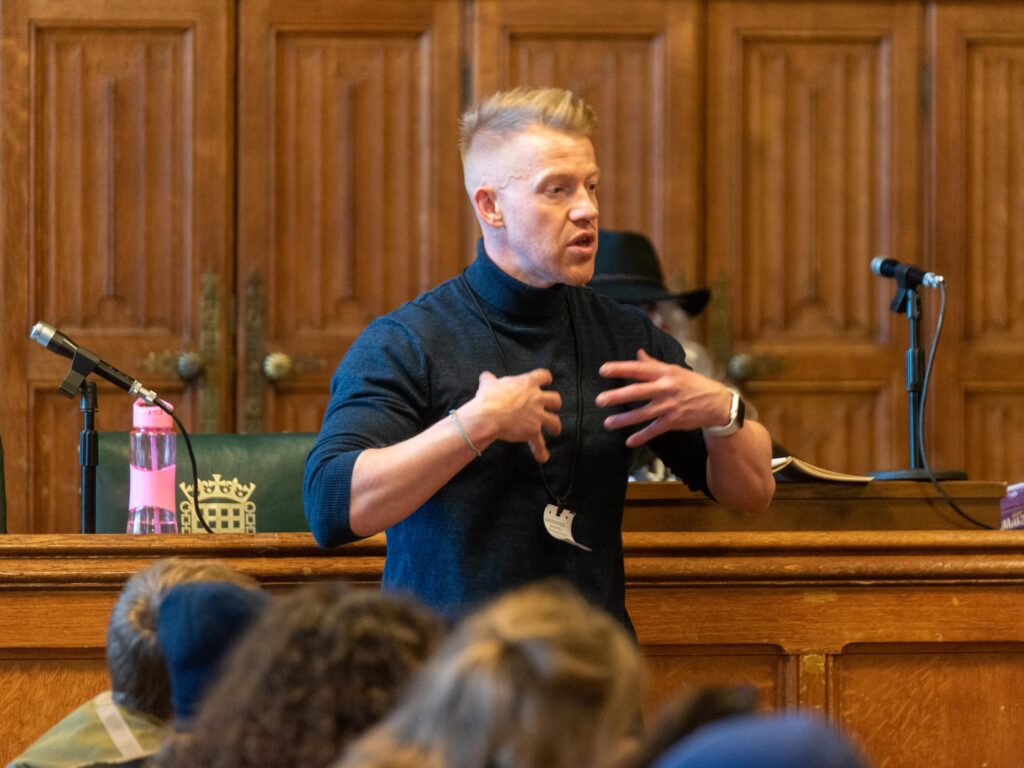
You’re a #1 Amazon best seller of Raw Confidence – a book you wrote to your 10-year-old self about how to be unapologetically yourself. What does confidence look like in young people to you?
It’s hidden, unfortunately. Children learn not to show their greatness, they learn that commending themselves is arrogant, they get told to sit still, be quiet, don’t climb, and so much more. It is alarming how adults are placing their own insecurities onto children and it is simply robbing them of their self confidence. A child’s early years should involve as many mistakes, exploratory moments, emotions, new things and relationships as possible. Not barriers or judgement. Give opportunities for children to try new things that require consistent practice. Teach them the value of effort and to strive for their personal best, rather than measure up to someone else’s. It is not quick and certainly not easy, but will take time and consistency. Our role as parents is to support our kids in their efforts, showing them the correlation between effort, and achievement. When this progress occurs, you will see the confidence shining from within. I see confident parents impacting the young lives they have the privilege of guiding by doing it themselves so that the child can absorb.
How does a lack of confidence and direction impact young people’s mental health?
In my book, I share the 3 main areas that when a child shows confidence in these areas, it will show up for them in life. The 3 S’s are Self, Skill and Social. When we have a healthy relationship and progress with confidence, it will greatly affect our life journey. But, what if we had low self confidence? In my research, I have found that children seek a ‘low confidence confirmation’ in other areas of their life to almost confirm their suspicions and give them the comfort of knowing they were right. This could show up as low self worth, low self esteem, poor self body image and in turn allow others to possibly take advantage of you. It is clear to see that any of the above has a damaging effect on one’s mental health.
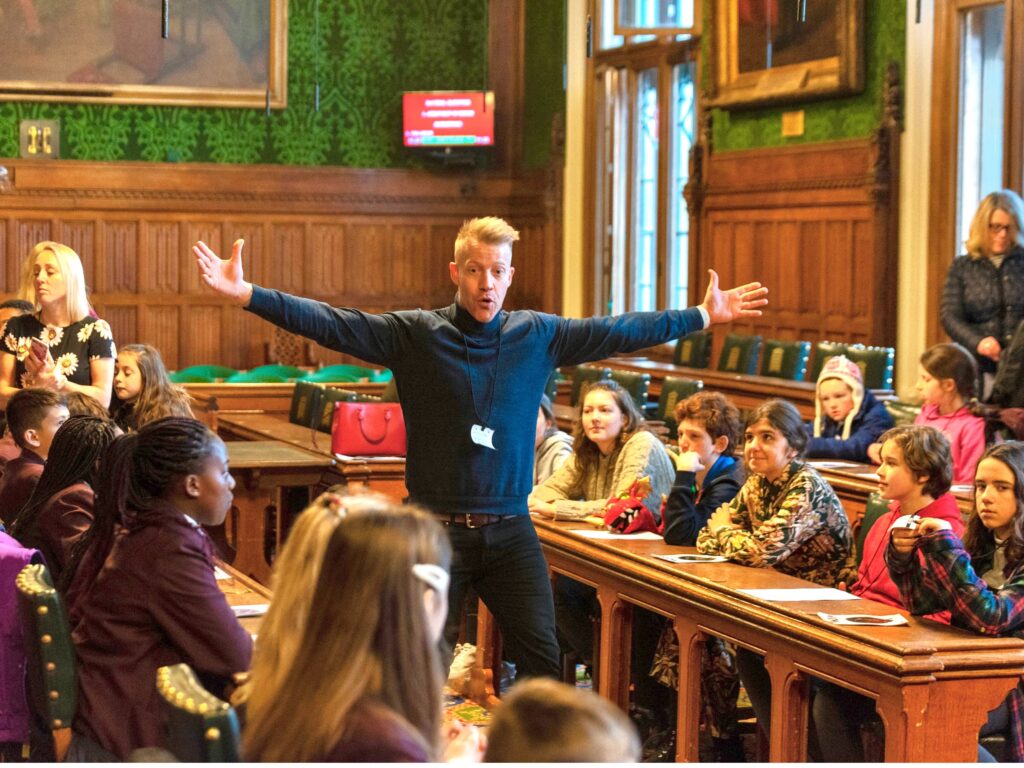
The conversation around mental health has always been a taboo one with stigmas attached to people experiencing such hurdles, leaving many to struggle alone. However, in recent years, mental health awareness has been steadily gaining more recognition. What can we as individuals do to facilitate an open and welcoming environment to discuss mental health?
We can understand and respect each other. We must see that everyone on this planet is completely and utterly unique and in that same thread, will have endured many different experiences. Some that challenge, some that hurt and some that power. Either/or each one has helped design the person we are today, and if we can learn to love that person, then we give others permission to love us too. Support, encourage, and motivate others to be better versions of ourselves yesterday.



